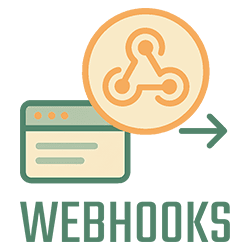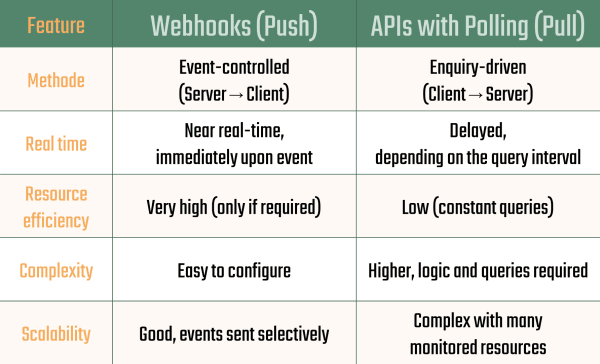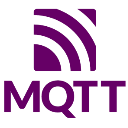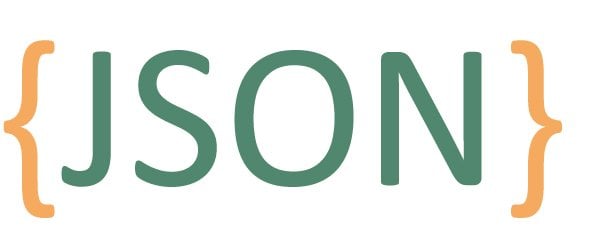What are Webhooks? – Simply Explained
Webhooks are automatic notifications between applications. Instead of constantly asking “Is there anything new?”, systems automatically send a message as soon as a specific event occurs. Think of webhooks like a fire alarm: it only activates when needed and immediately notifies all relevant parties.

Table of Contents
- How do Webhooks Work?
- Webhooks vs. Conventional APIs: The Crucial Difference
- Why Webhooks are Essential in Industry 4.0
- Security with Webhooks: What You Need to Consider
- OPC Router: Your Webhook Hub for Industry 4.0
- Practical Use Cases in Industry 4.0
- Frequently Asked Questions about Webhooks
- Conclusion: Webhooks as a Catalyst for Industry 4.0
- Technical Terms Explained
1. How do Webhooks Work?
- Event occurs (e.g., new order, threshold exceeded)
- System automatically sends HTTP request to predefined URL
- Target system receives data and responds accordingly
- No manual queries needed
2. Webhooks vs. Conventional APIs: The Crucial Difference
Webhooks and APIs are two different types of communication between applications:
- APIs work like a phone call, an app actively calls and asks: “Do you have new emails for me?”
- Webhooks are like an SMS notification, they come automatically: “You have received a new email!”
For example, an online shop wants to inform accounting software about new orders. With an API, the accounting system would have to constantly ask. With a webhook, the shop reports itself as soon as an order comes in.

APIs are ideal for scenarios where you need to actively query and retrieve data and want more control over the interaction. Webhooks, on the other hand, are better suited when you need updates in near real-time and want to receive information as soon as an event occurs, without constantly asking for it.
3. Why Webhooks are Essential in Industry 4.0
Main advantages for industrial companies:
- Immediate reactions: Machine failures, quality deviations, or supply bottlenecks are reported in real-time.
- Automated processes:
- Inventory falls below minimum → Automatic reorder
- Quality inspection failed → Immediate notification to quality assurance
- Machine maintenance due → Automatic scheduling
- Cost savings: Up to 90% less network traffic compared to constant API queries.
- Seamless integration: Connection between OT (Operational Technology) and IT systems without media breaks.
4. Security with Webhooks: What You Need to Consider
Essential security measures:
- Encryption:
- Use HTTPS exclusively
- TLS 1.3 for maximum security
- Mutual TLS (mTLS) for critical applications
- Authentication:
- HMAC signatures to verify the sender
- API keys for access control
- OAuth 2.0 for advanced security requirements
- Validation and monitoring:
- JSON schema validation of all incoming data
- Rate limiting against DoS attacks
- Comprehensive logging of all webhook activities
5. OPC Router: Your Webhook Hub for Industry 4.0
What makes OPC Router the ideal webhook solution?
OPC Router functions as a central middleware platform for industrial data integration. With the integrated REST plugin, it becomes the control center for event-driven communication.
Core functions:
- Bidirectional webhook support:
- Incoming: Cloud services send data to production systems
- Outgoing: Machines automatically trigger IT processes
- Graphical configuration:
- No programming required
- Drag-and-drop interface for data flows
- Real-time monitoring of all transfers
- Industrial-grade reliability:
- Automatic retry mechanisms
- Exponential backoff for connection errors
- Dead letter queues for lost messages
6. Practical Use Cases in Industry 4.0
- Predictive Maintenance: Scenario: Vibration sensor detects anomaly → Webhook action: Automatic maintenance order creation in CMMS system
- Supply Chain Automation: Scenario: Raw material inventory reaches minimum level → Webhook action: Immediate order with supplier via ERP integration
- Quality Management: Scenario: Measured value is outside tolerance → Webhook action: Production line stop + notification to quality assurance
- Energy Monitoring: Scenario: Power consumption exceeds limit → Webhook action: Load management system activates energy-saving measures
7. Frequently Asked Questions about Webhooks
- Are webhooks truly capable of real-time?
Webhooks deliver data in near real-time – meaning immediate transmission when an event occurs. For hard real-time requirements (millisecond range), specialized protocols like OPC UA or MQTT are better suited.
- What does using webhooks cost?
Implementation is cost-effective since fewer server resources and network bandwidth are required. OPC Router offers a scalable solution without additional API costs.
- How secure are webhooks for critical industrial processes?
With proper implementation (HTTPS, signature validation, IP whitelisting), webhooks are industrial-grade secure. OPC Router offers additional security features for critical environments.
- What happens during network outages?
Modern webhook systems like OPC Router implement automatic retry strategies, offline buffering, and failover mechanisms for maximum availability.
- Can I retrofit existing systems with webhooks?
Yes, OPC Router functions as an adapter between legacy systems and modern webhook-based architectures. No changes to existing equipment required.
8. Conclusion: Webhooks as a Catalyst for Industry 4.0
Webhooks revolutionize industrial communication through event-driven automation. They eliminate inefficient polling, reduce latency, and enable true Industry 4.0 scenarios.
OPC Router with REST plugin makes webhooks accessible for any production environment, without programming effort, with industrial-grade reliability and seamless integration into existing IT/OT landscapes.
Start your webhook integration now and benefit from efficient, automated, and future-proof industrial communication.
9. Technical Terms Explained
- Polling: Regular query of an application to check if new data is available – inefficient and resource-intensive.
- HMAC: Hash-based Message Authentication Code – cryptographic method for verifying message integrity.
- Dead Letter Queue: Storage for undeliverable messages for later processing.
- Exponential Backoff: Strategy for retrying failed requests with exponentially increasing wait times.
Discover other topics
What is REST?
When it comes to coupling systems, REST (Representational State Transfer) almost always plays a key role. Especially in connection with web-enabled systems, REST is one of the leading standards for system integration.
Get to know the MQTT Client Plug-in.
MQTT – The protocol for IoT and M2M communication. Connecting your systems via MQTT is very simple and intuitive with OPC Router using drag & drop.
With JSON (JavaScript Object Notation), a very lightweight, human- and machine-readable data format has been established for data exchange between web-based systems. Everything important for practical use and the most important questions about JSON are explained here in simple terms.
More interesting articles on topics such as Industry 4.0, cloud, technology, alerting, and practical application examples as well as case studies can be found in our Knowledge Base.


